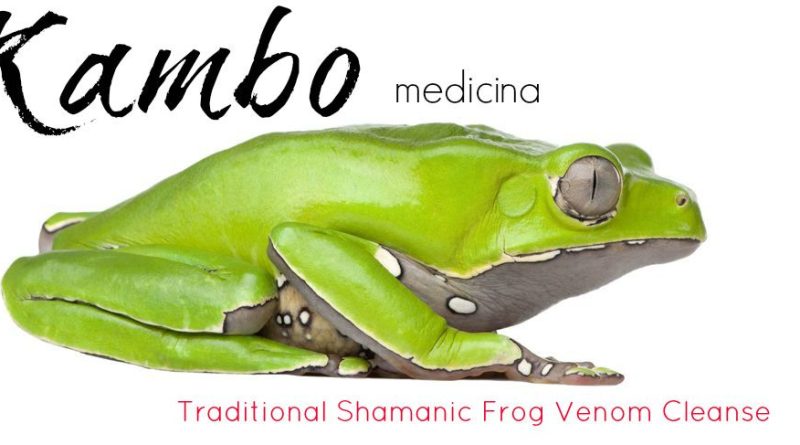Achieving Reiki Certification: A Path to Healing and Self-Discovery
Reiki is a form of energy healing that originated in Japan, where practitioners use their hands to channel universal life force energy into the patient. This holistic practice aims to promote physical, emotional, and spiritual well-being. The energy flows through the practitioner to the client, helping to remove blockages and balance the body’s energy fields. Reiki is often used to reduce stress, promote relaxation, and support the body’s natural healing processes. As its popularity grows, many people seek reiki certification to both enhance their personal lives and help others on their healing journey.
The Process of Reiki Certification
Becoming a certified Reiki practitioner involves a structured learning process, typically divided into three levels: Reiki I, Reiki II, and Reiki Master. The first level, Reiki I, focuses on self-healing and learning how to channel energy to others. The second level, Reiki II, introduces symbols and mantras to enhance the practitioner’s ability to direct energy at a distance. Finally, the Reiki Master level teaches advanced techniques and the ability to teach and attune others. Each level requires personal dedication and often involves hands-on practice and mentorship from an experienced Reiki Master.
Choosing the Right Reiki Teacher
When seeking Reiki certification, it’s essential to choose a qualified and experienced teacher. A good Reiki Master should be patient, knowledgeable, and able to create a safe, supportive environment for students. Look for someone who has received formal training from a reputable school and has years of experience practicing Reiki themselves. Many Reiki Masters also have a strong intuition and understanding of energy work, which is crucial for guiding students through the intricacies of Reiki. Personal referrals, online reviews, and a teacher’s certifications are all important factors to consider when selecting a Reiki teacher.
Reiki Certification Requirements and Costs
Reiki certification requirements can vary depending on the teacher and the style of Reiki being taught. Generally, there are no formal prerequisites to begin training, though a deep commitment to personal growth is essential. Costs for certification can vary widely, from a few hundred dollars for a basic level to more for advanced training. Prices may also include materials, follow-up support, and any additional resources the teacher provides. It’s important to research and understand the costs involved before committing to a Reiki training program. Some schools offer payment plans or sliding scale fees to make the process more accessible.
How Reiki Certification Enhances Personal and Professional Life
Achieving Reiki certification opens up many opportunities, both personally and professionally. On a personal level, Reiki practitioners experience increased self-awareness, emotional balance, and a deeper connection to their spiritual self. For those looking to pursue Reiki professionally, certification offers a pathway to becoming a healing practitioner, offering sessions for clients and integrating Reiki into other wellness practices. Many certified Reiki practitioners also use their skills to work in hospitals, wellness centers, or private practices, adding a valuable holistic approach to their careers. Reiki can enhance a professional life by offering a sense of purpose, helping others heal, and contributing to a more positive environment.
